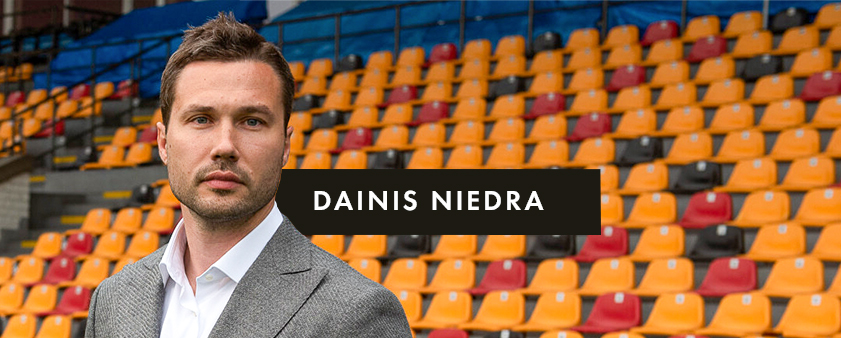Three non-political reasons for postponing our Belarus launch in 2021

COVID-19 has brought many changes to our lives. It is unlikely that there will be an event that can overshadow it this year, which is already three-quarters of the way through. Previously online sports betting represented a large share of people's income, I believe it still hasn't reached the level which was there at the end of 2019 and at the very beginning of this year. If the economy is unable to recover quickly, then the return to the previous state will have to wait. Economists have become a little more optimistic lately and the OECD (Organization for Economic Cooperation and Development) has raised its prediction for this year and the next one: The decline in 2020 which was - 6% has changed to a more encouraging - 4.5%, and growth in 2021 is projected to be at 5%.
Putting aside all the talk about Covid19, masks, hand washing and social distancing, one subject is still making news headlines. There has been a Presidential election in Belarus, with subsequent protests and there has been a reaction by the official authorities to these events. Belarus is a market of interest for us, at the moment our income there is insignificant, but we see potential, and our development strategy is partly related to future success in this market. Let me remind you that last year Belarus adopted a law on the legalization of online gaming in any form. Before that, only sports betting was legal online.
Coincidentally, the presentation of our report (Enlabs AB) for the third quarter occurred at the same time as the above events. In our report, we announced that the launch of Belarusian project was postponed from the fourth quarter of this year to the first quarter of the next one. Everyone automatically linked it to political events and bombarded us with questions.
I strongly doubt that any investor could ignore these factors when making decisions. For comparison, you can take the Coface indexes (the company compares the risks associated with foreign trade): Belarus has Country Risk Assessment "C" (for comparison, Poland - "A4"), Business Climate - "B" (Poland - "A2"). "C" is already a red zone of high risks. That is, the ongoing processes are the reflection of the risks inherent in the model. The business must have processes in place for dealing with these situations. So why we have to move the launch forwards for three months? There are three simple reasons:
The first law of economics is that demand is always infinite, but resources are always finite. The first law of online gaming is that business desires are also limitless whilst companies IT resources are limited. Due to the temporary gambling license revocation in Latvia, that reduced the volume of bets and the acquisitions of small gambling operators, we redrew our technical roadmap and decided on some complex technical manipulations with migration to the new platform. Because of this, it was necessary to take resources away from the team that would have worked on launching a product for the Belarusian market.
The second reason is that Covid19 has also complicated logistics. The team on site in Minsk is still a small one and I had to travel a lot in order for the processes to move faster. The last time I was in Minsk was in March, it has now become difficult to go there. There are no direct flights, flights with transfers are not particularly convenient, and most of them are via Moscow. To fly from Minsk to Riga, Tallinn or Stockholm via Moscow, you need to have a Russian visa because there is some kind of history with common airspace. I faced this once, and now I always have an open visa in case of such flights. If you don’t mind a long journey, you can get from Vilnius by road (it's not so far), but now you need a Belarusian visa (which is not required if you arrive and fly through the Minsk airport). Above and beyond all of these things though is that upon returning from Belarus, you have to stay at home for 14 days in self-isolation.
Without a personal presence, all plans to move to a new office and expand the team had to be postponed. The Minsk office was supposed to expand along with IT specialists who would support and develop all projects for the group. There are more than 1,500 IT companies in Minsk, employing more than 50,000 professionals, and the Pareto principle is very colourful there - most of the same specialists work in a couple of dozen of the largest companies. Given the high mobility of this workforce and the low level of dependence on the domestic market, there is some concern that the IT resource market could undergo big changes over the next 6-12 months.
According to the latest data that I have, in addition to the market leader Parimatch, who was the first to receive a license, only two more licenses were issued to launch an online casino. One of the two licensees never launched the product. From April 1, 2021, the Belarusian regulator should start blocking access to unlicensed sites. This date can be taken as a kind of mental landmark. I would like to believe that the situation in the country will be resolved as quickly as possible. Of course, most importantly will be finding a solution that takes into account the interests of citizens.

